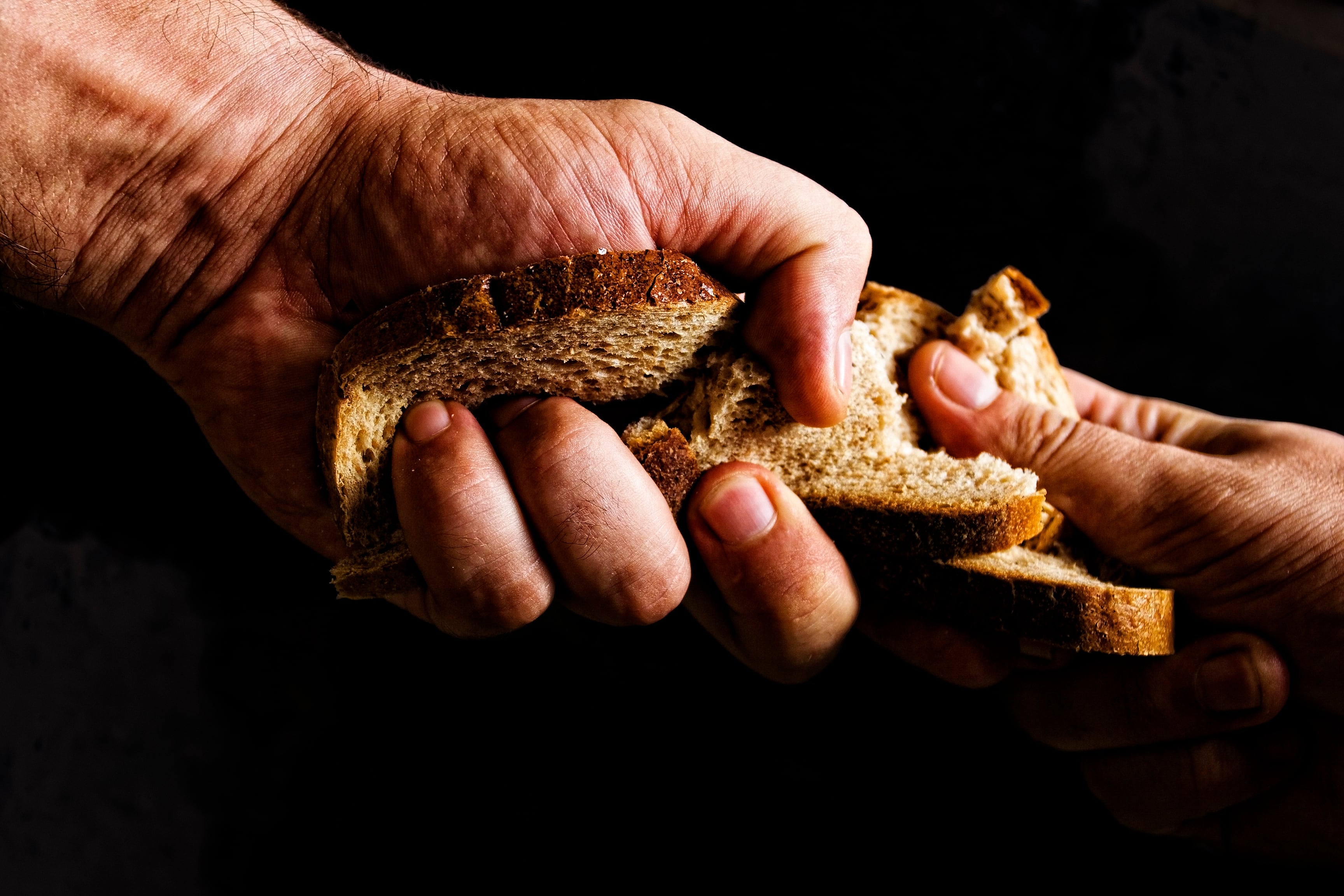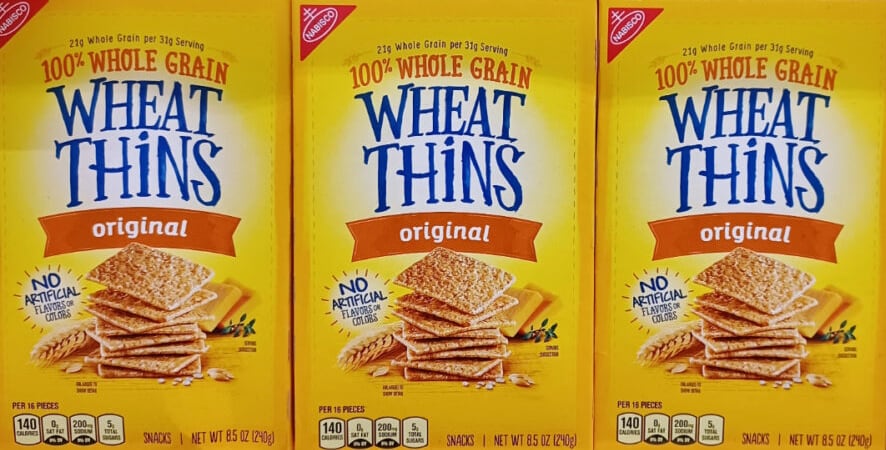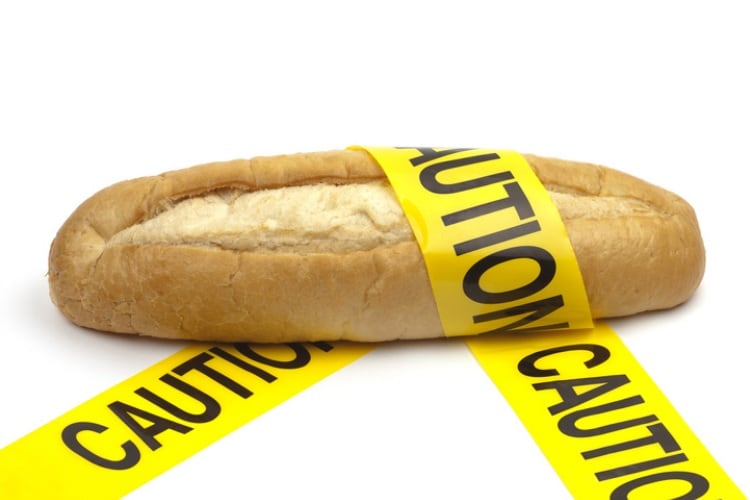A new wave of class action settlements is putting packaged food companies on notice: deceptive practices – from price-fixing to misleading health claims – are no longer flying under the radar.
Recent settlements involving Loblaw in Canada and Mondelez in the US mark a turning point in legal and consumer pressure on the industry.
While the individual payouts may be modest, the message is anything but. Regulators, courts and increasingly empowered shoppers are holding big brands to account for practices that have long gone unchecked.

Canadians claim a slice of Loblaw’s $500m bread payout
Canadian consumers who bought packaged bread between 2001 and 2021 may soon receive compensation after Ontario Superior Court Justice Ed Morgan approved a $500 million class action settlement on 7 May.
The case alleged Loblaw Companies Ltd and its parent George Weston Ltd conspired with other major grocers to fix bread prices by about $1.50 per loaf over two decades. Of the total settlement, $404 million will be paid in cash, while the remaining $96 million is tied to a gift card programme Loblaw launched in 2018 in a bid to rebuild public trust.
Eligible consumers who didn’t redeem a gift card may now claim up to $25. Once legal fees are deducted, 78% of the remaining funds will be distributed to shoppers outside Quebec, with 22% allocated to Quebec residents. A separate court will decide on 16 June whether to approve the deal in that province.
The case also named other industry heavyweights – including Sobeys, Metro, Walmart Canada, Canada Bread and Giant Tiger – but only Loblaw and George Weston admitted wrongdoing. As part of the settlement, they’ve agreed to cooperate in legal actions against non-settling companies.
Justice Morgan noted that while some objectors felt the payout was too low, they lacked a legal basis to challenge the deal.
“While I sympathise with the desire for a larger payout, the settlement is within the reasonable range and I’m not inclined to reject it based on a small number of dissenters,” he wrote in his decision.
“This is a landmark moment in Canadian antitrust history,” a legal analyst told CBC News. “It’s a reminder that collusion in essential goods like bread will eventually catch up to even the biggest players.”
Loblaw issued a statement reiterating its apology and emphasised it had implemented new measures to prevent future misconduct. “We know regaining trust takes time and we’re committed to doing just that,” the company said.
George Weston has yet to issue a comment.
US Wheat Thins buyers eligible for cash

Across the border, US snackers can also claim a slice of compensation. Mondelez International has agreed to a $10 million settlement over allegedly misleading labelling.
The class action claims Wheat Thins packaging falsely advertised the crackers as ‘100% whole grain’ despite containing refined grains. While Mondelez denies wrongdoing, it agreed to the payout to avoid prolonged litigation.
Anyone aged 18 or older who purchased eligible Wheat Thins varieties between 13 October 2018 and 9 May 2025 can file a claim. Those with proof of purchase may receive between $8 and $20 per household; those without receipts can claim $4.50. The filing deadline is 7 July, and a final approval hearing is set for 11 December.
This follows other high-profile label-related cases involving Mondelez brands. Clif Bar settled for $12 million last year over disputed packaging claims and Deep River Snacks paid $4 million for unverified Non-GMO labelling. More recently, the company has been hit with a proposed class action lawsuit over its Cocoa Life logo, which plaintiffs allege falsely suggests that products like Oreos and Toblerone are made with ethically sourced cocoa. The suit claims that the cocoa is linked to child labour and environmental harm in West Africa, challenging the credibility of Mondelez’s sustainability messaging.
As these cases show, the legal tide is turning in favour of consumers and against the longstanding ‘trust us’ marketing that has dominated the food aisle for decades.
Whether the issue is inflated prices or exaggerated health claims, brands are learning that vague assurances and fine print won’t hold up under the scrutiny of courts – or shoppers.




